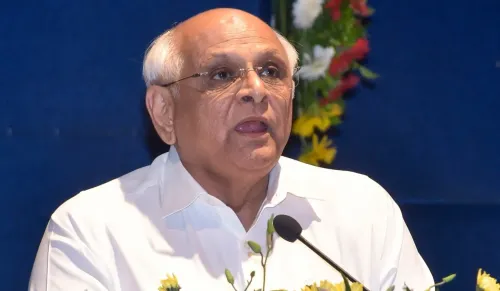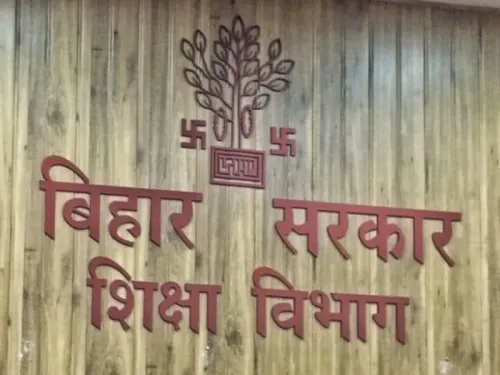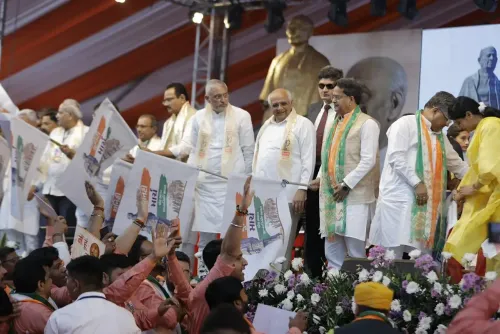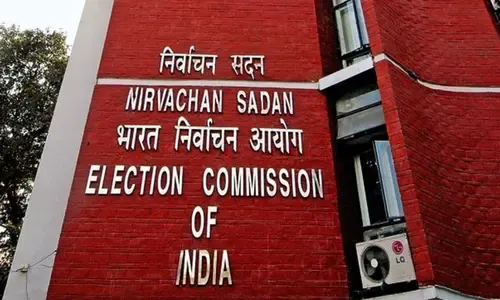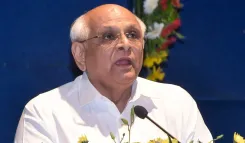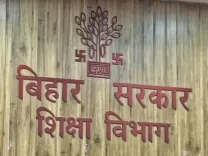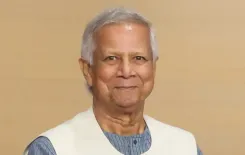How is the US Supporting India's Pursuit of Justice for 26/11 Attackers?
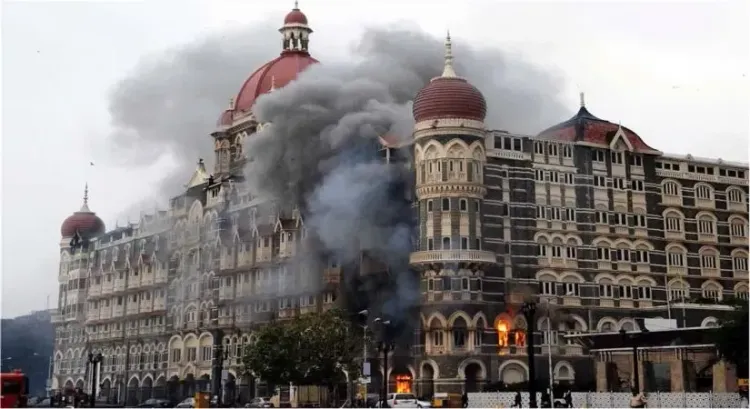
Synopsis
Key Takeaways
- The US stands in solidarity with India on the 17th anniversary of the 26/11 attacks.
- Tahawwur Rana's extradition marks a significant step in the pursuit of justice.
- The attacks resulted in the loss of 175 lives, highlighting the need for continued vigilance against terrorism.
- The collaboration between the US and India is crucial in the fight against cross-border terrorism.
- Commemoration of the victims remains essential for national healing.
New Delhi, Nov 26 (NationPress) In a heartfelt tribute to the victims of the 26/11 Mumbai terror attacks, the US Embassy in India expressed its solidarity with the survivors and their families on Wednesday, reaffirming its backing for India's endeavors to bring those accountable for this atrocious act to justice.
In a statement posted on X, the US Embassy reiterated its commitment to collaborate with the Indian government in the ongoing fight against terrorism, ensuring the safety and security of all citizens.
"Today marks the 17th anniversary of the 26/11 terror attacks in Mumbai. We honor the memories of the victims and stand united with the survivors and their families. The United States has consistently supported India’s efforts to hold those responsible for these attacks accountable. A significant development this year was the extradition of Tahawwur Hussain Rana to India for his involvement in orchestrating the dreadful 2008 Mumbai attacks, which resulted in the loss of 166 lives, including six Americans," the Embassy shared on X.
"Rana’s extradition is a vital progress towards delivering justice for the victims and their families. As we remember those lost in the 26/11 attacks, we reaffirm our resolve to continue fighting against terrorism alongside the Government of India, ensuring the safety and security of our citizens," it continued.
The 26/11 attacks, often referred to as the 2008 Mumbai attacks, were a series of 12 coordinated terrorist incidents that occurred from November 26 to 29, executed by 10 members of the Lashkar-e-Taiba, a terror organization based in Pakistan.
In total, 175 individuals lost their lives, including nine of the ten attackers, 26 foreign nationals, and 20 personnel from security forces. One attacker, Ajmal Kasab, was captured alive and subsequently executed.
Locations in South Mumbai such as the Taj Mahal Hotel, Oberoi Trident, Nariman House, Colaba Causeway, and Chhatrapati Shivaji Terminus were targeted during the assaults.
Tahawwur Rana, a Pakistani-Canadian and a close associate of the 26/11 plotter David Coleman Headley (also known as Dawood Gilani), was extradited to India earlier this year after the US Supreme Court dismissed his review petition on April 4. Rana's role in the 2008 Mumbai attacks makes him a significant figure in India's battle against cross-border terrorism.

